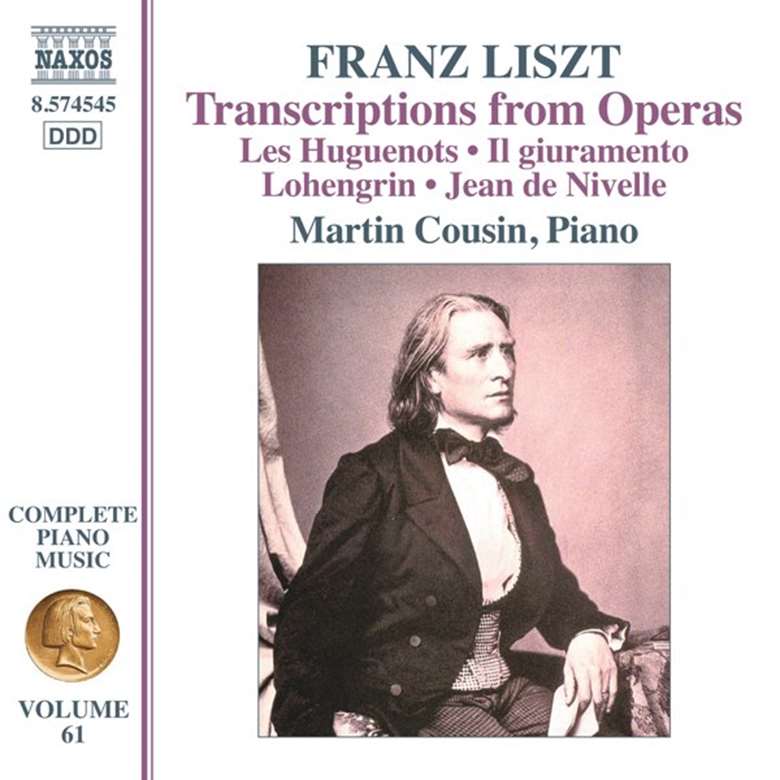Review - Liszt ‘Complete Piano Music, Vol 61, Transcriptions from Operas’ (Martin Cousin)
Ateş Orga
Friday, May 24, 2024
‘Cousin makes a fair case for the 1836 first version of the Réminiscences des Huguenots’

Register now to continue reading
This article is from International Piano. Register today to enjoy our dedicated coverage of the piano world, including:
- Free access to 3 subscriber-only articles per month
- Unlimited access to International Piano's news pages
- Monthly newsletter









